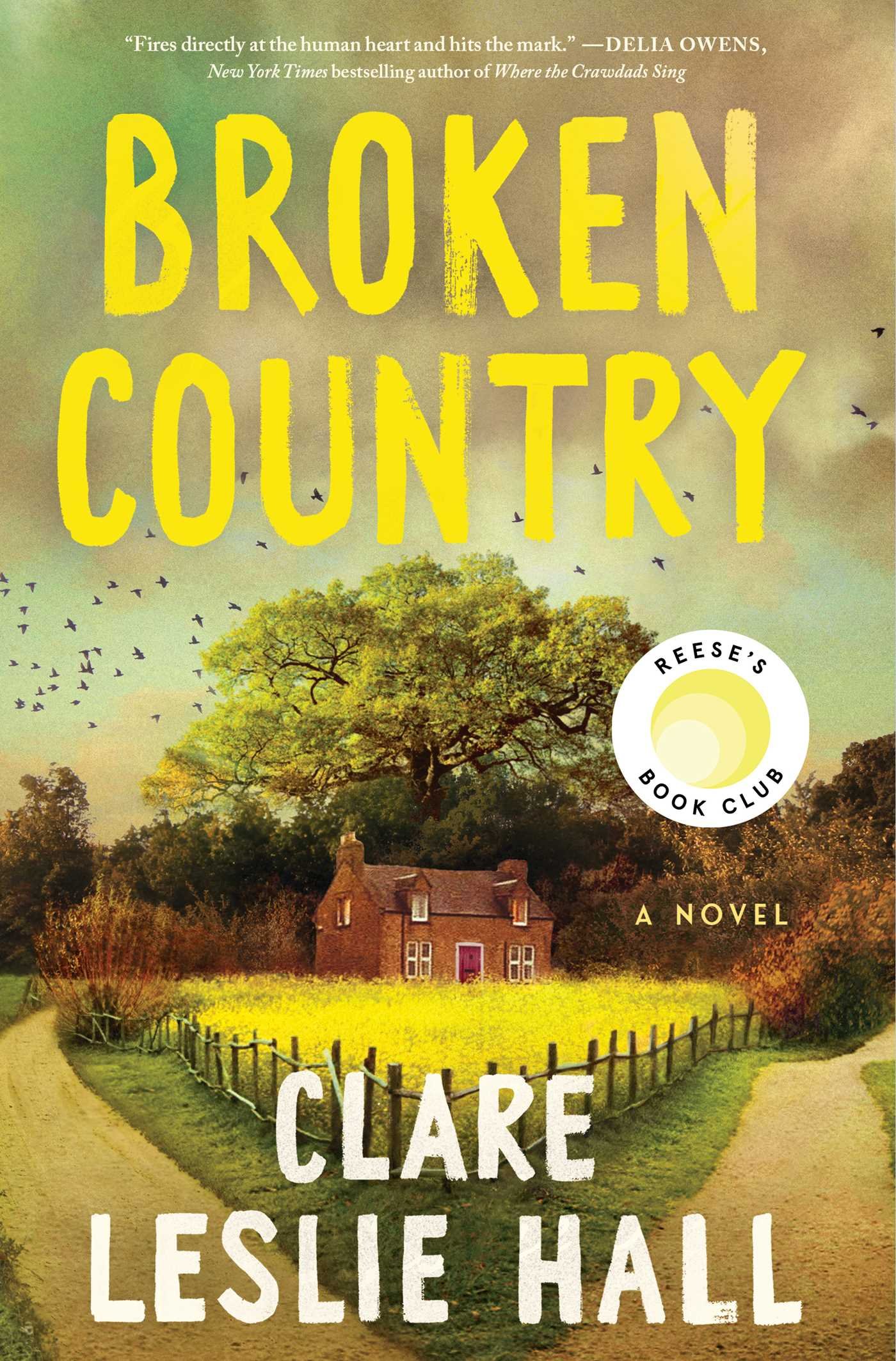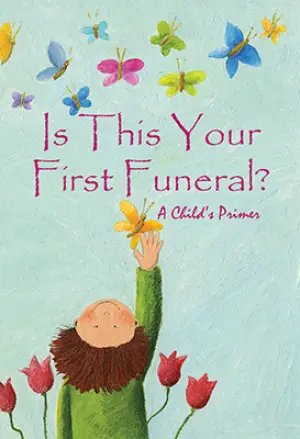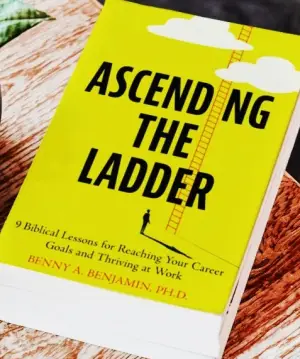Unraveling Complexities: A Review of Broken Country
I stumbled upon Broken Country by C. Meserole with a mix of curiosity and skepticism. The buzz surrounding this novel was impossible to ignore, and as I read through trending reviews, I felt compelled to explore what lay beneath its emotional surface. The premise, with its promise of flawed characters tangled in messy, complex relationships, piqued my interest. I was eager to plunge into a narrative that examined love, betrayal, and the messy shades of human emotion.
Broken Country revolves around Beth, a protagonist whose decisions indeed feel weighty and complicated. Yet, as much as I tried to empathize with her struggles, I found myself wrestling with a myriad of conflicting feelings. The book offers a deep dive into the rocky terrain of marriage, love triangles, and human frailty, reminding us that relationships can be as treacherous as they are passionate. The love triangle at the story’s center introduces a dramatic tension that, while initially captivating, left me longing for greater depth. If you, like me, have a soft spot for character-driven narratives with intricate emotional stakes, you might find yourself equally engaged.
One of the standout aspects of Meserole’s writing is the portrayal of Beth as an intensely flawed character. This isn’t a story where we’re meant to wholeheartedly root for the hero; instead, it mirrors real life, complete with messy dilemmas and selfish choices. While I respected Meserole’s ability to evoke strong feelings—disgust, anger, confusion—the lack of nuanced portrayal of emotions left me feeling disconnected. Just like watching a film where you can’t help but despise the villain, I grappled with my feelings toward Beth. Her infidelity felt almost trivialized rather than explored, rendering her internal conflict—her love for both men—more of a narrative device than a profound exploration of polyamory or conflicted loyalties.
The writing style is refreshingly unpretentious, but I couldn’t help but wish for more showing rather than telling. Meserole lays out the groundwork for emotional connections yet doesn’t fully capitalize on them. Despite Beth’s admission of guilt and knowledge of the chaos she’s causing, her emotional landscape felt flat at times. I craved a glimpse into her mind—why did she choose Gabriel over Frank? What were the specifics of her internal struggles? These questions lingered, and as I read, I found the emotional outcomes predictable and lacking tension.
And then there’s Frank—the good man in the story, overshadowed by Beth’s messy entanglements. His character felt underdeveloped, leaving readers to question whether he was really a choice for Beth or merely a placeholder until something—or someone—better came along. Perhaps it’s intentional commentary from Meserole about the realities of adult relationships; after all, we often choose what’s right in front of us rather than what we truly desire.
Broken Country is not a book I can say I loved, nor can I dismiss it entirely. It has resonated with many, tugging at heartstrings and sparking poignant discussions. It certainly reflects the chaos of modern relationships, but readers seeking a nuanced exploration of love and fidelity may find unmet expectations. While parts of the story felt underexplored, the rawness in its portrayal of flawed humanity cannot be ignored.
In conclusion, if you’re intrigued by character-driven stories that delve into the messiness of love, despite their flaws, Broken Country may still hold value. Just be prepared for a tumultuous ride where you might feel a bit adrift, questioning not just the characters, but perhaps your own views on love and fidelity. How much are we willing to forgive, and is it ever truly okay to choose one person over another? While this book left me unsure of my feelings, it also sparked a deeper contemplation of relationships and the inherent chaos they can bring.







